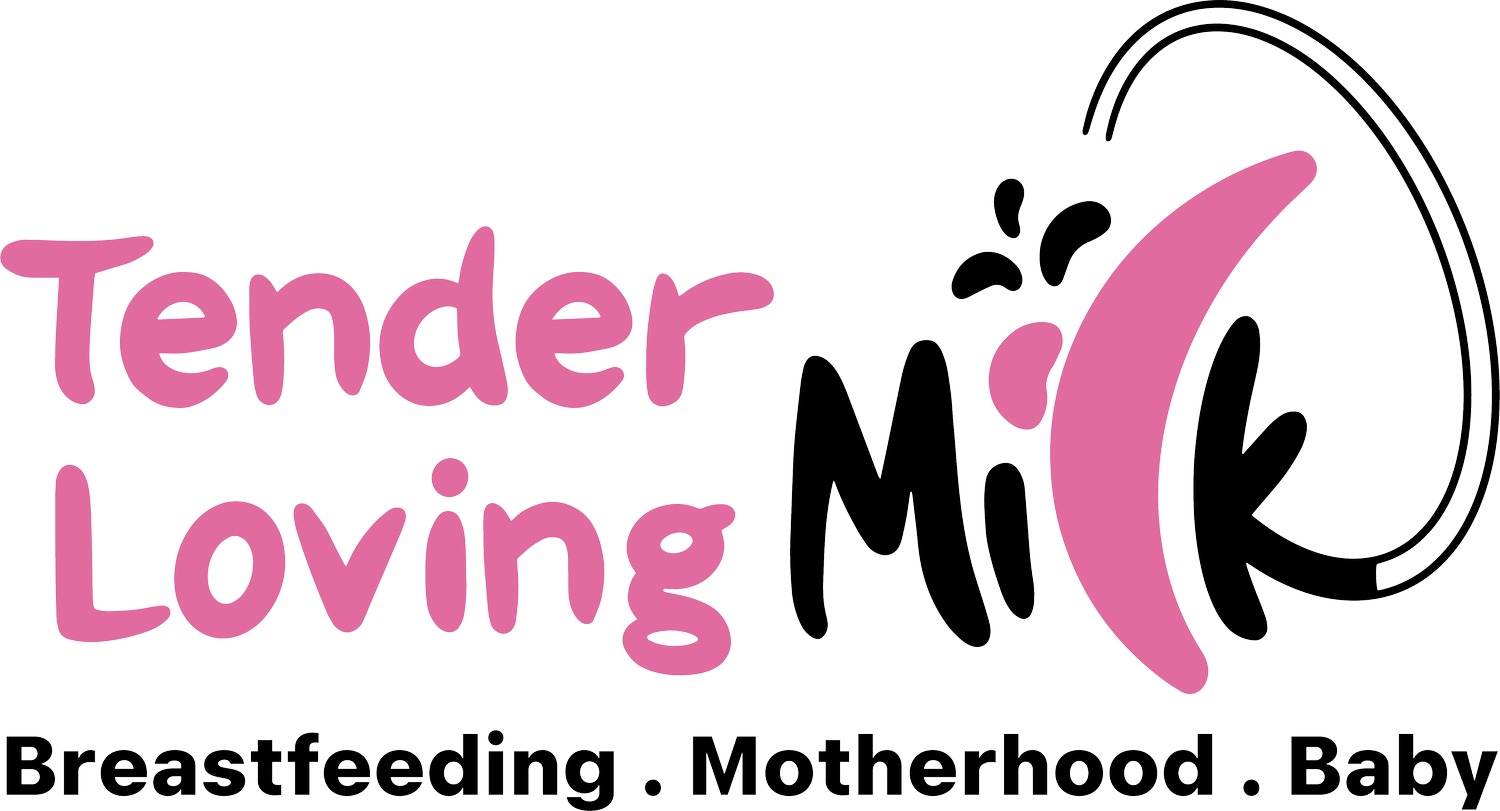Breastfeeding Plan
Download this free resource, specially written and designed for you to just print it out and pack it into your hospital bag, then pass it to the nurse to attach to your chart during labour and after birth. It’s that simple and hassle-free!
Having a breastfeeding plan helps you to know your breastfeeding options once your baby arrives. The plan also helps to clearly communicate your breastfeeding goals and preferences to caregivers and healthcare team in the hospital.
The plan will clearly communicate your preference to exclusively breastfeed, practice the golden hour, delay cleaning and bathing baby, rooming-in, breastfeed on demand, avoid bottles and pacifiers, and supplementation if medically necessary. Written with kindness and respect!
What’s in the plan?
How this plan supports establishing breastfeeding from day one
Exclusive breastfeeding
Sharing your breastfeeding goals sets the expectation very clearly from the start on what you wish to achieve. This allows caregivers and the healthcare team to refer to infant-feeding specialists (e.g. Lactation Consultant, breastfeeding-friendly Paediatrician) to better support you if needed.
Golden hour (skin-to-skin after birth)
Golden hour means that baby is immediately placed onto mummy’s bare chest for at least one hour without interruption and promotes early initiation of breastfeeding. It is fine if baby does not latch within the first hour. Studies have shown that “The Golden Hour contributes to neonatal thermoregulation, decreased stress levels in a woman and her newborn, and improved mother-newborn bonding.” Any non-urgent tasks (e.g. weighing of newborn, cleaning baby, etc.) can be done after the golden hour.
Delay bathing baby
The World Health Organization recommends delaying baby’s first bath until at least 24 hours after birth. A study has shown that delaying bathing helps “improve thermoregulation and breastfeeding rates in term healthy newborns.”
Rooming in and breastfeed on-demand
Rooming-in means that baby stays in the same (hospital) room with mummy 24 hours a day. Rooming in is recommended as a healthy birth practice. Studies have shown that “Rooming-in began as a way to promote early breastfeeding and encourage maternal–infant bonding”. It also provides a chance for new parents to learn baby’s feeding cues to practice on-demand feeding at baby’s early hunger cues.
Avoid pacifiers and bottles for newborns
Sucking on a different teat (e.g. bottle and pacifier) requires a different mouth, jaw, and tongue motion, compared to direct latching. Introducing a bottle too early may cause most newborns to be potentially overfed from a bottle or newborns choose to prefer the faster flow from the bottle and these may pose some challenges to getting baby back to the breast. The plan includes a request to syringe feed baby instead as a form of alternative feeding for the first few days if required.
The breasts are babies’ favourite pacifiers. Babies breastfeed for hunger and also to find love and comfort. Pacifiers are generally recommended to avoid being offered to newborns until breastfeeding is established. Note that in actual fact, pacifiers are not compulsory at all. Introducing a pacifier too early for a newborn may increase the chances of missing the newborn’s hunger cues, latching may be impacted and mother may experience low milk supply because baby may not be spending sufficient time at the breast.
Instead, seek help from a Lactation Consultant if you need more support in managing and understanding normal infant behaviours.
Avoid unnecessary formula supplementation
Most times, it is common for parents to be encouraged by others to supplement formula milk to newborns because of various non-medical reasons (e.g. perceived low milk supply, lack of breastfeeding confidence, etc.).
This plan includes a request to the healthcare team to lookout for clinical signs instead and a discussion with a Lactation Consultant or a Paediatrician before offering any formula supplementation until there are valid medical reasons to do so.
Bonus breastfeeding quick tips!
This breastfeeding plan also include three additional bonus breastfeeding quick tips to establishing your breastfeeding journey while in hospital.
What other mums say
“The breastfeeding plan is a great tool for initiating a conversation with my loved ones on why breastfeeding is important to me and my baby.
It also outlines clearly what could be done to encourage breastfeeding in the first few hours after birth, and can be easily understood by anyone so that my preferences and wishes and be respected as much as possible.”
- Liying
Get your free plan here.
The breastfeeding plan will be sent straight to your inbox =)


